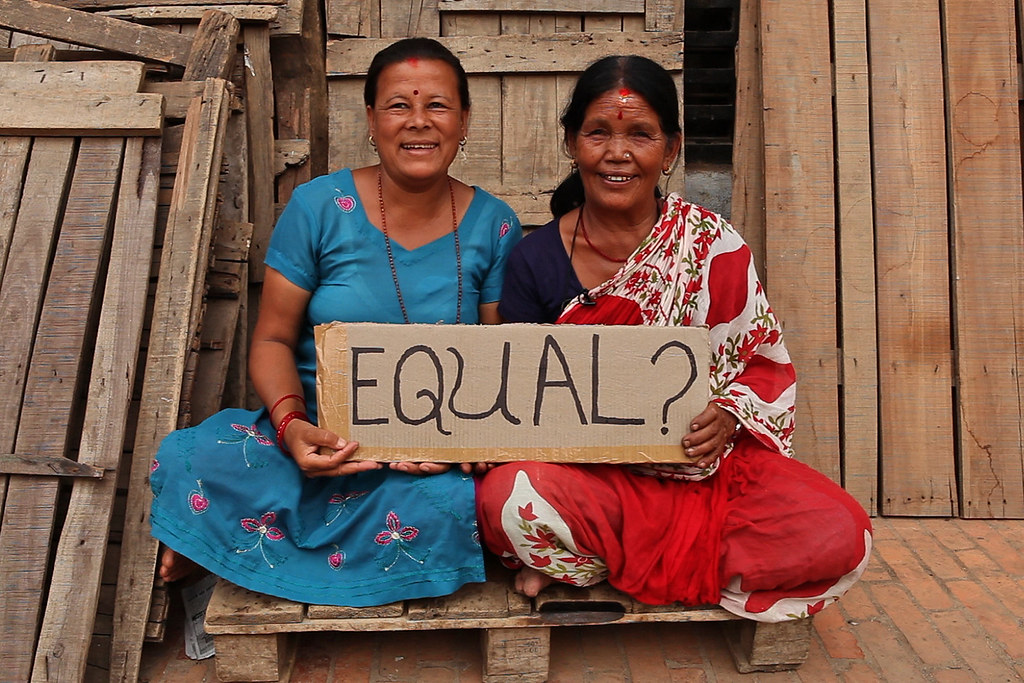

Participants in an interaction programme expressed their concern that although the issues of gender equality and social inclusion were included in the election manifesto and statute of the political parties, women did not yet have a strong presence and role in the decision-making level.
In the programme organized by the Centre for Dalit Women Nepal, Nepali Congress’s leader Pushpa Bhusal argued that the provision of at least 33 per cent women’s participation in state organ and government would not suffice, women should be competitive and capable.
“The Constitution of Nepal has provision for at least 33 per cent women’s participation. But they should be competitive and capable, she said, asking, “Where are women in the decision-making level?”
According to her, women should be fielded in the election but there should be plan and strategy to secure a win for them.
Similarly, CPN (UML) parliamentarian Jivan Ghimire said that although women’s participation was comparatively increasing in the recent time with the establishment of democracy, there was not a satisfactory situation yet.
He emphasized changes and spoke of the need to correct the weakness in the implementation of constitution.
Likewise, CPN (Maoist Centre)’s whip Rupa Chaudhary argued that it was necessary for the men to speak out the problems of women who did not lag behind to carry guns to bring about political changes and it was also necessary for the non-Dalits to speak for the Dalits.
Rastriya Swatantra Party’s parliamentarian Santosh Pariyar underscored reservation for people from the marginalized cast, communities, class, gender and regions. He spoke out the need to mainstream women who, according to him, were left behind due to political thinking.
CPN (Unified Socialist)’s Metmani Chaudhary shared that women should be prioritized while fielding them in First-Past-The-Post system in election and all political parties should include this provision in their policy and manifesto.
On the occasion, advocate Indu Tuladhar presented a working paper on the ‘Issues of gender equality and social inclusion in the political parties’ statute and manifesto’.
—